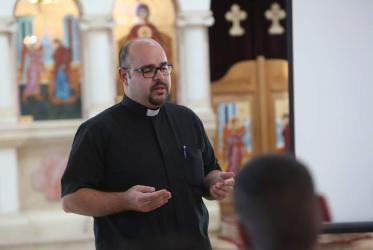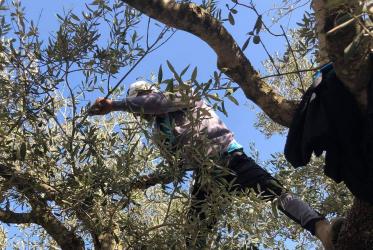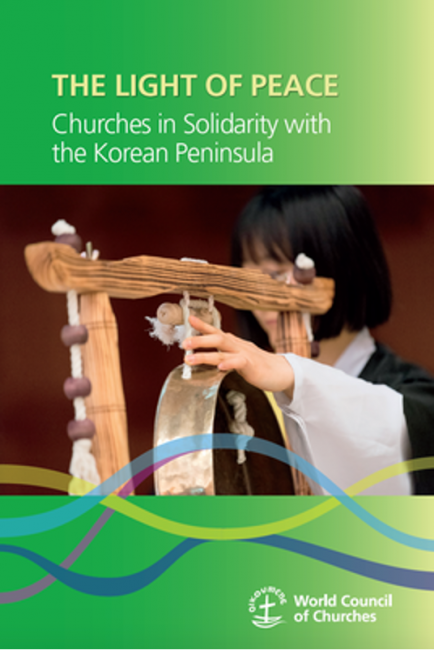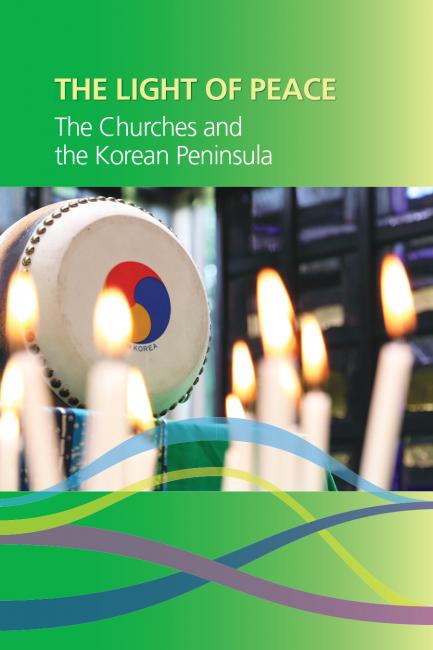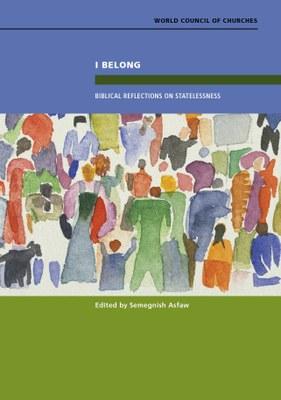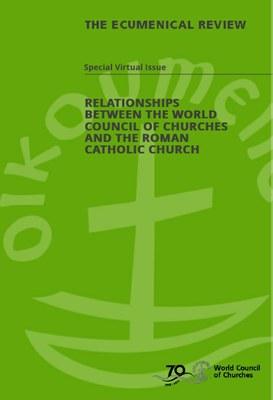Displaying 181 - 196 of 196
26 November 2020
Fr Jamal Khader: “We need to keep hope alive” in Palestine
25 November 2020
In Palestine, “God honored this olive tree”
12 November 2020
“Your life is in peace when you collect the olives"
29 October 2020
I Belong: Biblical Reflections on Statelessness
Biblical Reflections on Statelessness
12 October 2020
Current dialogue
18 December 2018
International Review of Mission
05 December 2017
An interview with the Ethiopian Patriarch, Abune Matthias
14 February 2017
The Ecumenical Review
01 January 1970


